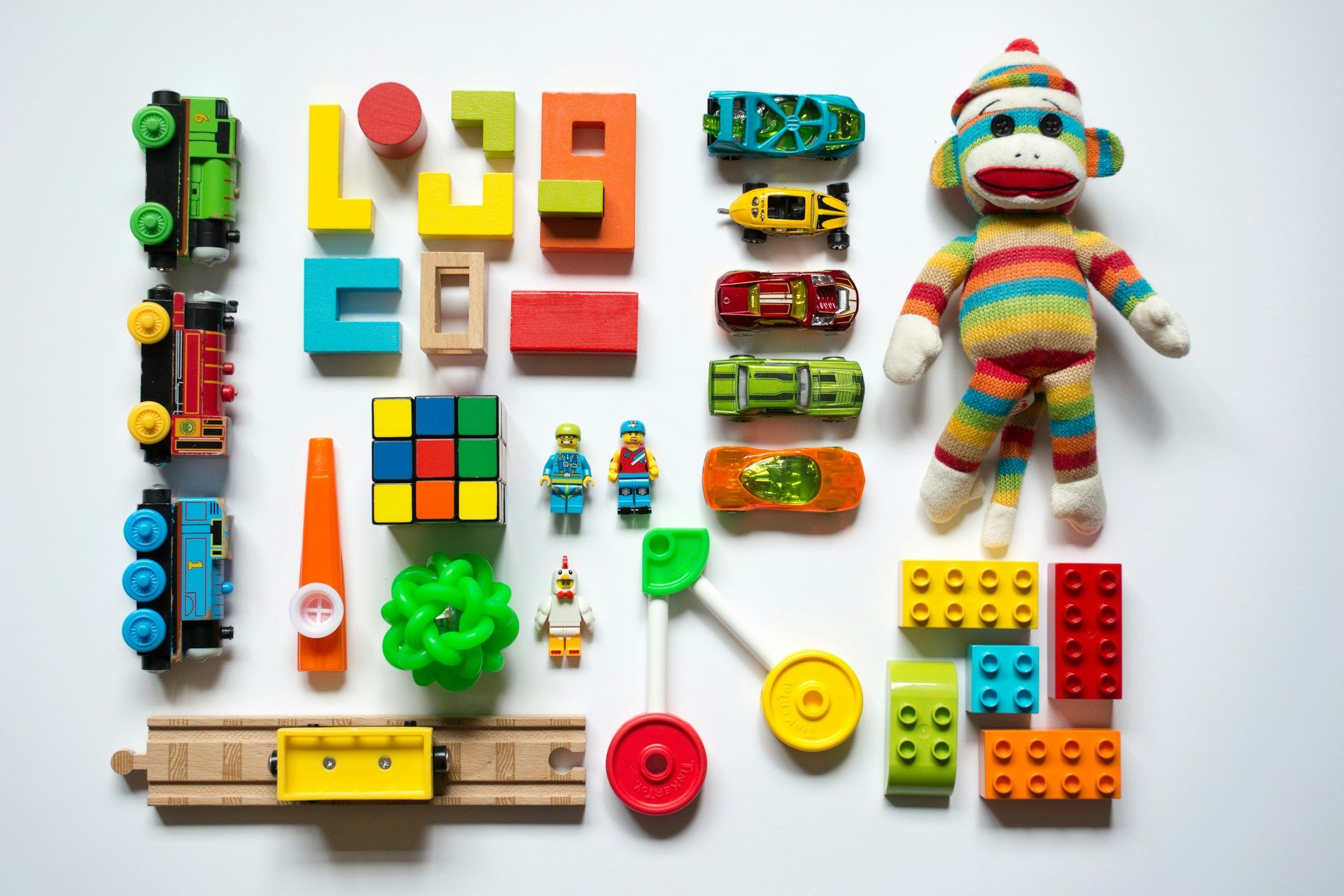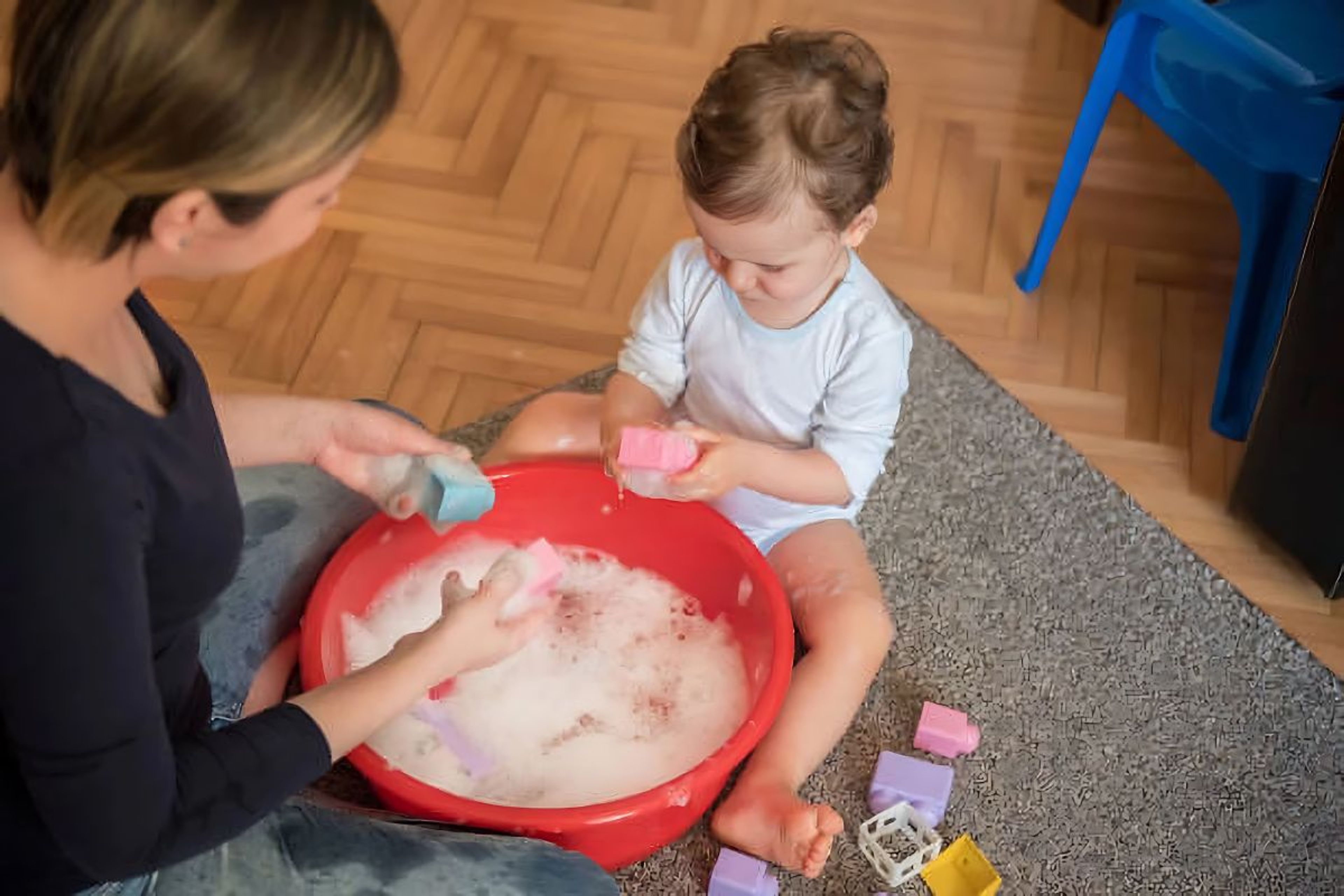Promoting Independence: Empowering Autistic Children with Educational Toys that Foster Self-Help Skills

Empowering and supporting autistic children is crucial for their overall development and well-being. One effective way to promote independence in autistic children is through the use of educational toys. These toys not only provide entertainment but also help in developing essential self-help skills, such as dressing, eating, and toileting.
By incorporating educational toys into their daily routines, parents and caregivers can create a supportive environment that encourages autonomy and boosts self-confidence.
Understanding Autism
Before delving into the benefits of educational toys for autistic children, it is important to understand autism itself.
Autism, or Autism Spectrum Disorder (ASD), is a neurodevelopmental disorder that affects communication, social interaction, and behavior.
Autistic children often face challenges in various aspects of their lives, including daily activities and self-help skills.
Challenges Faced by Autistic Children
Autistic children may struggle with tasks that many others find simple and straightforward. Some of the common challenges they face include:
- Difficulty with social interaction and communication
- Sensory sensitivities and challenges
- Repetitive behaviors and restricted interests
- Difficulty with transitions and changes in routines
Importance of Promoting Independence
Promoting independence in autistic children is essential for their overall growth and development. By fostering self-help skills, children can gain a sense of accomplishment and self-confidence.
It allows them to become more self-reliant and reduces their dependence on others for everyday tasks.
Benefits of Educational Toys
Educational toys play a significant role in promoting independence and self-help skills in autistic children. These toys are specifically designed to engage children in activities that target various areas of development. Some of the benefits of using educational toys include:
-
Enhancing fine motor skills: Educational toys often require children to manipulate objects, improving their hand-eye coordination and fine motor skills.
-
Developing cognitive abilities: Many educational toys involve problem-solving and critical thinking, stimulating cognitive development in children.
-
Improving social skills: Some educational toys encourage cooperative play, helping children develop social skills and learn to interact with others.
-
Building self-confidence: Successfully completing tasks with educational toys boosts children's self-esteem and confidence in their abilities.
Choosing the Right Educational Toys for Autistic Children
When selecting educational toys for autistic children, it is important to consider their individual needs and preferences. Look for toys that align with their developmental goals and interests. Additionally, ensure that the toys are age-appropriate and safe for use.
Toys that Foster Self-Help Skills
Educational toys that specifically target self-help skills can greatly benefit autistic children. These toys focus on activities related to dressing, eating, and toileting, allowing children to practice and develop these essential skills in a supportive and engaging manner.
Teaching Self-Help Skills through Play
Educational toys provide a fun and interactive way to teach self-help skills to autistic children. By incorporating play into the learning process, children are more likely to stay engaged and motivated.
Through play, children can practice and reinforce self-help skills, gradually gaining independence and confidence.
Examples of Educational Toys for Autistic Children
-
Puzzles: Puzzles are excellent for developing problem-solving skills and enhancing cognitive abilities. Autistic children can benefit from puzzles that focus on self-help skills, such as dressing or eating.
-
Dress-up Sets: Dress-up sets allow children to practice dressing themselves independently. These sets often include clothing items with Velcro or buttons, making it easier for children to learn how to fasten and unfasten them.
-
Play Kitchen Sets: Play kitchen sets provide opportunities for children to learn about food preparation, cooking, and eating. Autistic children can practice essential self-help skills, such as using utensils and setting the table.
-
Toilet Training Toys: Toilet training can be challenging for autistic children. Toilet training toys, such as dolls that can be used for pretend play, can help familiarize children with the process and make it less intimidating.
Creating a Supportive Environment
In addition to providing the right educational toys, creating a supportive environment is crucial for promoting independence in autistic children. Here are some strategies to create a supportive environment:
- Establish a structured routine: Autistic children thrive in predictable and structured environments. Establishing a consistent routine can help them feel secure and confident in their daily activities.
- Provide visual supports: Visual supports, such as schedules and visual cues, can assist autistic children in understanding and following routines. Visual supports can be used alongside educational toys to reinforce self-help skills.
- Offer positive reinforcement: Encourage and praise autistic children for their efforts and achievements. Positive reinforcement motivates them to continue practicing self-help skills and boosts their self-confidence.
Collaboration with Therapists and Educators
Collaborating with therapists and educators is essential in supporting autistic children's development. These professionals can provide valuable guidance and recommendations for educational toys that target specific self-help skills.
They can also offer strategies and techniques to incorporate the toys effectively into daily routines. For parents considering educational options, staying informed about special needs school trends and programs can help ensure your child receives comprehensive support both at home and in educational settings.
Frequently Asked Questions
How can educational toys promote independence in autistic children?
Educational toys can promote independence in autistic children by helping them develop essential self-help skills, such as dressing, eating, and toileting.
These toys provide a supportive environment that encourages autonomy and boosts self-confidence.
What are the challenges faced by autistic children?
Autistic children may face challenges in social interaction and communication, sensory sensitivities, repetitive behaviors, and difficulty with transitions and changes in routines.
Why is promoting independence important for autistic children?
Promoting independence is important for autistic children as it allows them to gain a sense of accomplishment and self-confidence. It helps them become more self-reliant and reduces their dependence on others for everyday tasks.
What are the benefits of using educational toys for autistic children?
Using educational toys can enhance fine motor skills, develop cognitive abilities, improve social skills, and build self-confidence in autistic children.
What types of educational toys are beneficial for fostering self-help skills in autistic children?
Puzzles, dress-up sets, play kitchen sets, and toilet training toys are beneficial for fostering self-help skills in autistic children.
How can self-help skills be taught through play?
Self-help skills can be taught through play by incorporating educational toys that focus on activities related to dressing, eating, and toileting. Play provides a fun and interactive way for children to practice and reinforce these skills.
What should be considered when choosing educational toys for autistic children?
When choosing educational toys for autistic children, it is important to consider their individual needs and preferences, developmental goals, age-appropriateness, and safety.
What strategies can be used to create a supportive environment for autistic children?
Strategies to create a supportive environment for autistic children include establishing a structured routine, providing visual supports, and offering positive reinforcement.
Why is collaboration with therapists and educators important in supporting autistic children?
Collaboration with therapists and educators is important in supporting autistic children's development as they can provide valuable guidance, recommendations for educational toys, and strategies to incorporate the toys effectively into daily routines.
Conclusion
Promoting independence in autistic children is a journey that requires patience, understanding, and the right tools. Educational toys that foster self-help skills play a vital role in empowering autistic children to become more self-reliant and confident.
By choosing the right toys, creating a supportive environment, and collaborating with professionals, parents and caregivers can make a significant impact on the lives of autistic children, helping them thrive and reach their full potential.




